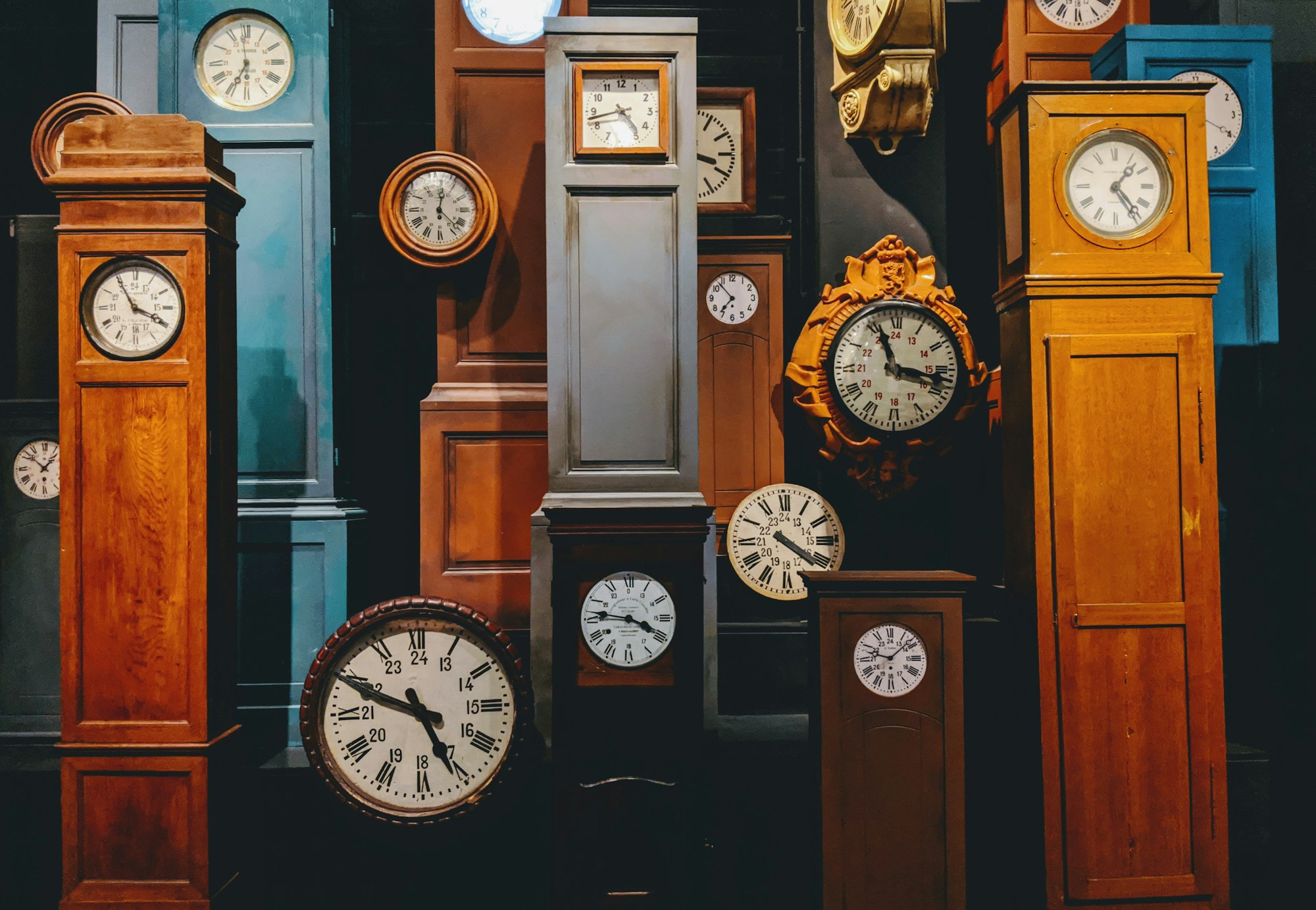Our brains are highly resistant to change and have a hard time predicting the breadth of future possibilities even when we know how much things have changed in the past. The End of History Illusion is a psychological phenomenon that references our static self-images, and our inability to predict how much we might change in the future.
What is End-of-History Illusion
The end-of-history illusion was a term coined by Jordi Quoidbach, Daniel Gilbert, and Timothy Wilson in 2013. They carried out a series of experiments in which they assessed the personalities, values, and preferences of over 19,000 people ranging in age from 18 to 68. These individuals were asked to report how much they had changed in the previous decade and/or predict how much they would change in the coming decade. Young people, middle-aged people, and older people all believed they had changed significantly in the past but would change little in the future. According to the findings of their experiment, people appear to regard the present as a watershed moment in their lives, when they have finally become the person they will be for the rest of their lives. This "end-of-history illusion" had practical consequences, causing people to overpay for future chances to indulge their current preferences.

Why does it happen?
In a nutshell, the End-of-History Illusion is about our tendency to underestimate how much things can change in the future. We just don’t see it coming. And that means we are often blindsided by new developments and trends.
In other words, when we have an idea or opinion on something today, there's a good chance this will not be true tomorrow because of changes that happen over time. The problem with this is that we make decisions based on our current understanding of reality rather than what we know could occur in the future. This is one reason why so many relationships fail - because people get caught up in the present and fail to plan for future challenges and growth opportunities.
How does it affect one's life?
The End-of-History Illusion affects our lives in a number of ways. It can make us feel inadequate, for example. Fixating on the present and failing to understand how much room we have to develop, we can believe we don’t measure up to our ideal selves and constantly compare ourselves with others to find validation. This type of self-comparison isn’t healthy. It can lead us into a downward spiral where we constantly experience feelings of inadequacy and failure which then cause us to turn away from the things that would actually improve our self-esteem such as exercise, socializing, or taking care of ourselves physically.
On the other hand, we may experience the end-of-history illusion when we believe we know everything there is to know about a topic. We may fall into the trap of thinking there is no need to continue learning and procrastinate on related tasks. This can lead to a lack of motivation and drive to continue learning. Another dilemma with this type of belief is that it can make us believe that we don't need to take any risks or chances because everything is already figured out.
The End-of-History Illusion can make us feel like we are living on borrowed time when it comes to achieving success or happiness because if that ideal person doesn't exist then there is no reason to strive for it. This may lead us to not try as hard at anything because we feel like any effort will be wasted and that nothing good could ever come from our efforts anyway.
The End-of-History Illusion can also negatively affect our romantic relationships. When one partner believes they have learned everything there is to know about the other, we’re unlikely to explore their interests further. This can lead to unhappiness in the relationship. We may begin to perceive our partner as boring, less appealing and less desirable. This can suck the joy and excitement from the relationship, driving us into a lull of self-reinforcing predictability.
The End-of-History Illusion can also make us feel as though we are living a life that's going nowhere but rather being dragged along by time, which can lead to feelings of depression and hopelessness. It makes us think that the only way to regain control over our lives is to give up on trying or risk losing everything if things don't work out in the end anyway. This can lead to feelings of isolation and loneliness because it makes us feel as though we have no one else to turn to for support or help during difficult times.
What can you do to avoid falling victim to the End-of-History illusion in your own life?
The End-of-History Illusion is a subconscious belief in the constancy of the world as it is today. It can foster a sense of complacency or smugness about our own achievements.
This feeling manifests itself in different ways among people, but it usually includes some sense that there are no more challenges left to face, no new frontiers to explore. Most notably, this illusion postulates a tendency towards laziness and stagnation because if you believe that nothing can be better than what already exists then why bother trying? The End-of-History Illusion feeds on feelings of superiority over others as well as feelings of victimization by external forces beyond one's control--both self-imposed mindsets which are ultimately destructive.
The way to avoid this illusion in your life is to recognize it when it rears its head, and then fight against the complacency that sets in. This means constantly pushing yourself beyond what you feel capable of, no matter how uncomfortable or difficult things get--and being aware enough at all times not to fall into a sense of entitlement, believing you deserve more than others.
Conclusion
The end-of-history illusion is a cognitive bias that can make people believe they have "arrived". This sense of the end of the world has been around for centuries, and it affects us all in some way, whether we realize it or not. What is the best thing you can do if you notice a sense of complacency creeping into your life? Continue forward! Instead of resting on your laurels after accomplishing one goal, consider what steps must be taken next. Will today suffice? What will happen if I do not act now? If you want to avoid becoming a victim of the End-of-History Illusion in your own life, keep pushing yourself every day until success becomes a habit!
"Human beings are work in progress that mistakenly think they're finished. The person you are right now is as transient, as fleeting and as temporary as all the people you've ever been. The one constant in our life is change.", Dan Gilbert
Useful Resources
The end-of-history illusion was referenced in newsletter Issue #45









